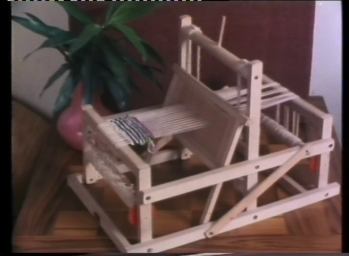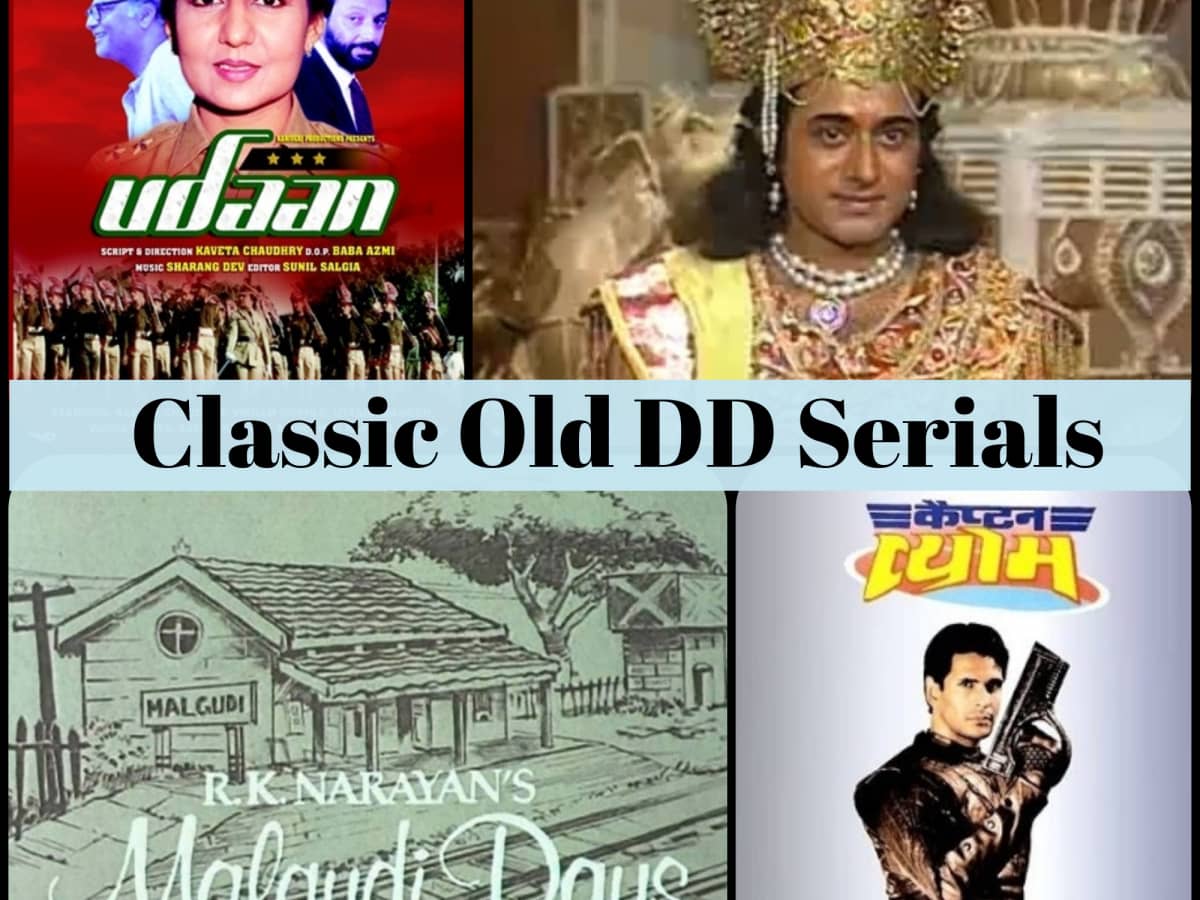

The question was gnawing the insides of my heart. It was around November 2017 when I was having painful and honest conversations about being Macaulay's grandchildren and slowly losing my relationship with my roots.

Sooner than I started discovering my roots in agriculture, the question of discovering my cultural roots began to sprout.

Thankfully, Google helped me locate the last surviving copy in the London Museum. Such was the disconnection from agriculture and my roots that no one in my family felt the need to preserve a copy of the book. The part that belongs to the Cromagnon whose tribalistic instincts are safely leashed beneath my civilized veneer? Or the part that is older than the 10th century? Or the part that beautifully weaved itself into the fabric of my Indian self which relishes Coffee, Halwa and Biryani as much as Kheer and Khichdi? Touch just one part of it, just one allegiance, and the whole person will react, the whole drum will sound." "A person’s identity is,” Amin Maalouf wrote as he contemplated over the genes of the soul, “ "like a pattern drawn on a tightly stretched parchment.

Today, as I reflect on my identity and roots, I often wonder whose India do I belong to? Of the Indian culture which lives in an inexplicable continuity across the past and the present.Īnd also of the culture which was imposed through force by the British colonizer who felt that it was his moral responsibility to civilize a bunch of idol-worshipping savages. And like many Indo Anglians out there in this country, I am a child of two cultures. I was born to a father who hailed from the land of Tagore and to a mother who was born in the fertile soil of the paddy belt in Tanjore district. He calls himself "bicultural" and has had a fascinating journey of cultures. He teaches Sanskrit and has taught Indian History and Indian Literature. How do we understand the undying spirit of India in fractious times such as these when the colonial gaze has come to haunt us with fury and resentment? Join us today at 5:30 PM IST for a dialogue with Francis Laleman an indologist who has been, in his own words, "courting" India for almost five decades. You can read further below to understand why we are doing what we are doing. Bharat Ek Khoj: Discovering India The inaugural dialogue is happening today. We are kickstarting a new dialogue series in Mandram.


 0 kommentar(er)
0 kommentar(er)
